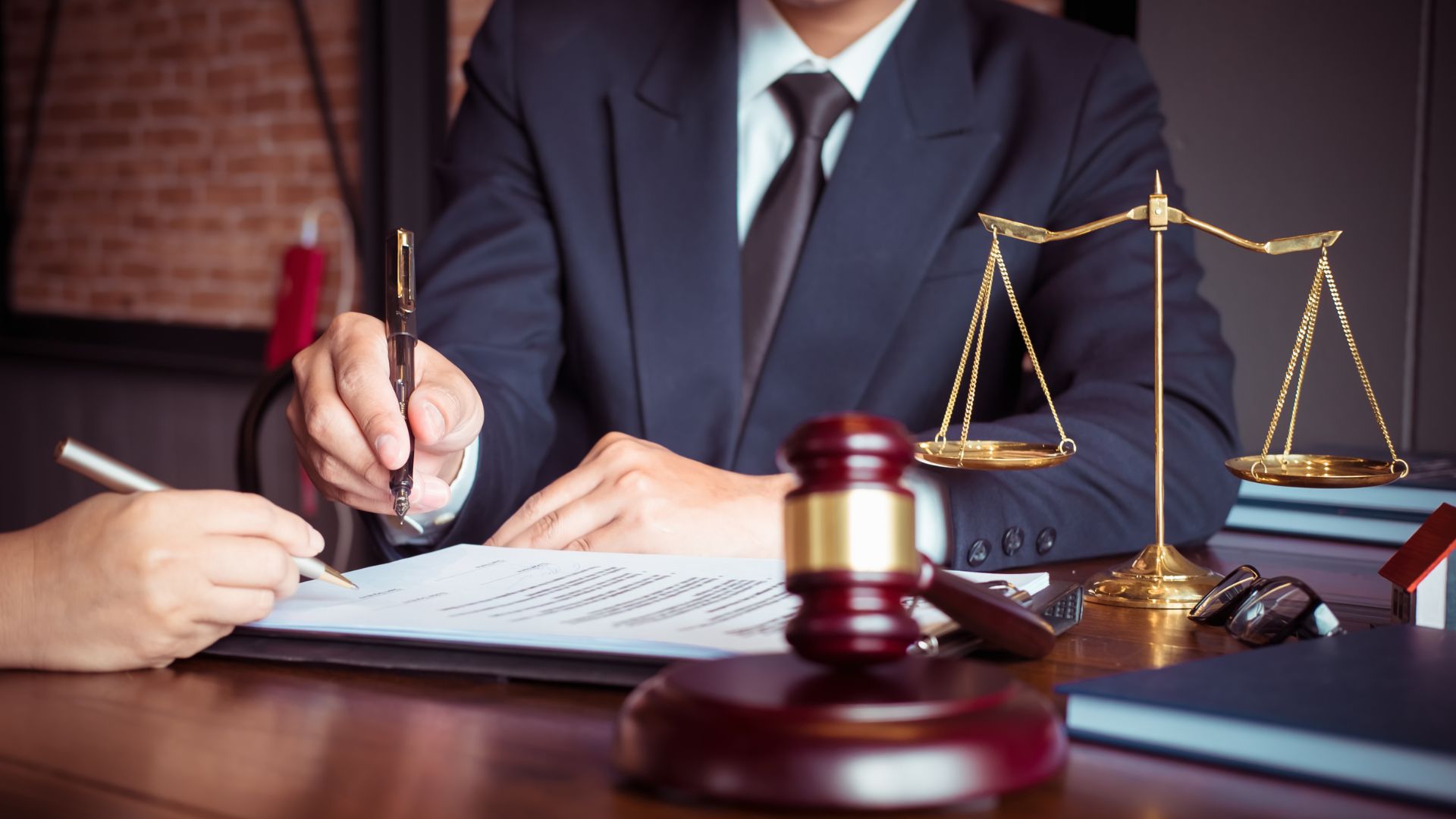Introduction
Experiencing a serious accident can turn life upside down. It’s not just the physical injuries that take time to heal; emotional trauma can linger long after the physical wounds have closed. This article delves into Dealing with the Emotional Trauma Following a Serious Accident, exploring ways to navigate this often-overlooked aspect of recovery. Whether you're someone who has lived through such an event, a friend or family member supporting a survivor, or simply curious about the psychological impacts of accidents, this guide aims to provide insights, coping strategies, and resources.
Understanding Emotional Trauma from Accidents
What is Emotional Trauma?
Emotional trauma refers to the lasting psychological impact resulting from distressing events. In the context of accidents, it can manifest as anxiety, depression, post-traumatic stress disorder (PTSD), and various other mental health challenges.
How Does an Accident Cause Emotional Trauma?
Accidents can be shocking and disorienting. The suddenness of an event—whether it’s a car crash, fall, or workplace incident—can leave individuals grappling with feelings of helplessness and fear. These feelings might lead to emotional symptoms such as flashbacks or nightmares.
The Spectrum of Reactions
Not everyone reacts to trauma in the same way. Some may experience immediate effects while others may not feel the impact until much later. Understanding that each person's journey through recovery is unique helps demystify responses to trauma.

Recognizing Symptoms of Emotional Trauma
Common Signs to Look Out For
- Intrusive Thoughts: Flashbacks or recurrent memories of the accident. Avoidance Behavior: Steering clear of places or situations that remind one of the incident. Emotional Numbness: Feeling detached from emotions or surroundings. Hyperarousal: Heightened anxiety levels or being easily startled.
When Should One Seek Help?
If you or someone you know is experiencing prolonged symptoms that interfere with daily life—such as persistent sadness, changes in appetite, sleep disturbances—it’s crucial to seek professional help.

Coping Mechanisms for Survivors
Allow for Grieving
It’s essential for survivors to understand that grieving is part of healing. Allowing oneself to feel sadness and loss can be liberating rather than burdensome.
Seek Professional Support
Therapists trained in trauma recovery can provide tools and strategies specific to navigating emotional pain after an accident. Cognitive Behavioral Therapy (CBT) is often effective in treating PTSD symptoms.
Connect with Support Groups
Sharing experiences with others who have faced similar situations can foster connection and understanding. Often, support groups provide a safe space for survivors to express their feelings openly.
Self-Care Strategies Post-Accident
Prioritize Physical Health
Staying active—even if it's just gentle stretching—can significantly boost Moseley Collins Law Fresno truck accident lawyers mood and contribute positively to mental health.
Mindfulness and Meditation Practices
Engaging in mindfulness practices helps ground individuals in the present moment, reducing anxiety about past events or future uncertainties.

Benefits of Mindfulness:
Reduces stress levels. Enhances emotional regulation. Improves overall well-being.Establish Routines
Creating daily routines fosters a sense of normalcy amidst chaos. Structure can be comforting following an unpredictable event like an accident.
Family Support: A Vital Component in Healing
How Family Can Help Heal Emotional Wounds?
Family members play a crucial role in recovery by providing love and understanding during tough times. Open communication is key; allowing survivors to express their feelings without judgment aids healing processes significantly.
Encouraging Open Conversations About Feelings
It's essential for family members to foster an environment where discussing emotions feels safe and natural. This openness encourages survivors to share without fear of stigma.
Long-Term Effects of Emotional Trauma
Potential Long-Term Psychological Issues Post-Incident
While many manage to recover fully after some time, others may face ongoing struggles such as chronic anxiety disorders or depression stemming from unresolved trauma related to their accident experience.
Importance of Continuous Care and Monitoring
It’s important for survivors—and their loved ones—to remain vigilant regarding emotional health even years after recovery has begun; changes in mood should never be overlooked as they could signify underlying issues resurfacing.
The Role of Medication in Recovery from Trauma
When Might Medication Be Necessary?
In some cases where therapy alone isn’t enough, medication prescribed by healthcare professionals may help alleviate severe symptoms associated with traumatic experiences.
Common Medications Used:
Antidepressants Anti-anxiety medications Sleep aidsFAQ Section
1. What are common emotional responses after a serious accident?
Common responses include anxiety, depression, flashbacks, irritability, and trouble sleeping among others.
2. How long does it take to heal emotionally after an accident?
Healing varies per individual but typically takes several weeks to months; some may require longer depending on several factors including support systems available.
3. Can children also experience emotional trauma from accidents?
Yes! Children are particularly vulnerable due to their developing brains; they might express distress differently than adults do (e.g., regression).
4. Is it normal for feelings related to an accident to resurface years later?
Absolutely! Triggers can bring back memories unexpectedly even years later; ongoing support remains vital throughout life’s ups and downs.
5. What are some techniques for coping with flashbacks?
Grounding techniques such as focusing on your breath or engaging senses (touching something soft) help redirect attention away from distressful memories during flashbacks.
6. How important is social support during recovery?
Extremely! Social connections significantly aid healing by providing comfort & validation throughout difficult journeys post-accident!
Conclusion
Navigating through emotional trauma following a serious accident isn't easy—but it is entirely possible with patience, understanding yourself better, seeking professional help when needed & building strong supportive relationships around you! Remember that healing takes time; don't rush yourself nor shy away from reaching out for guidance along this challenging path towards recovery!
In summary: When dealing with emotional trauma following a serious accident—remember you're not alone! Embrace every step taken towards reclaiming control over your life while acknowledging those moments spent confronting fears head-on because each small victory counts!
This article serves as both reassurance & guidance for anyone facing such challenges; stay informed & hopeful as brighter days await!